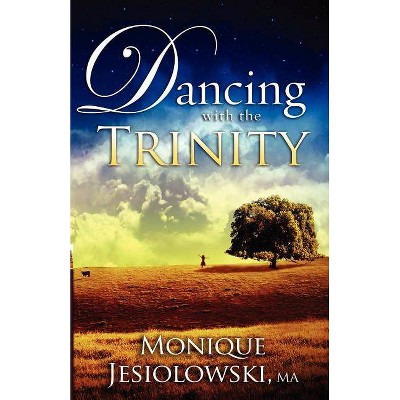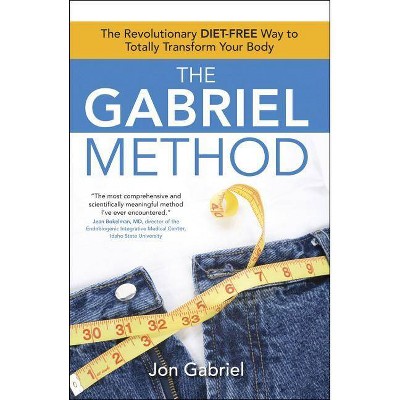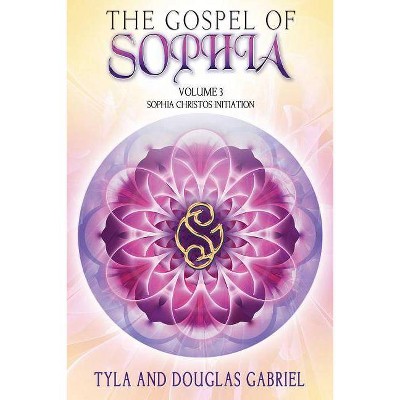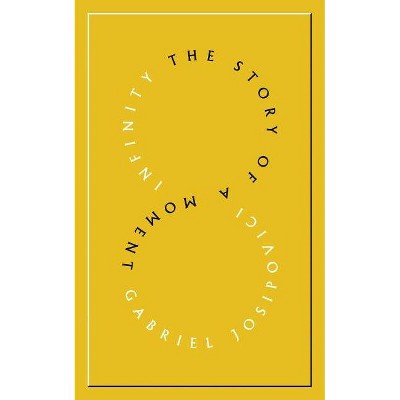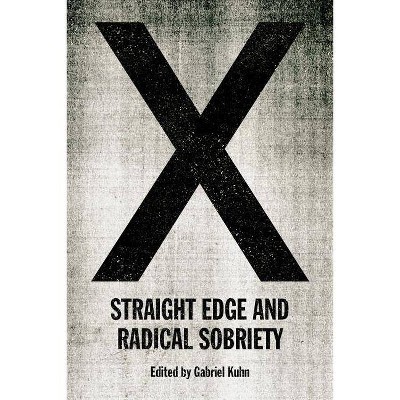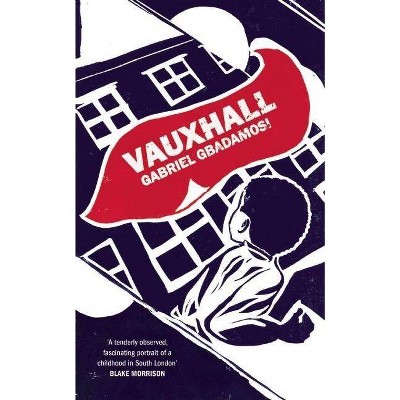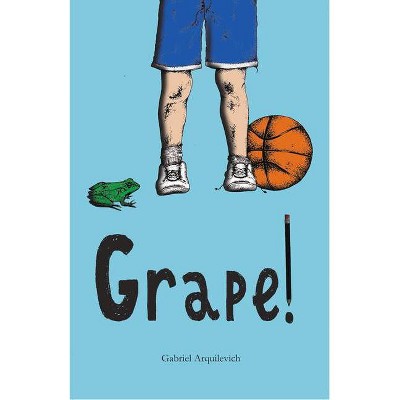As Burning Leaves - by Gabriel Jesiolowski (Paperback)
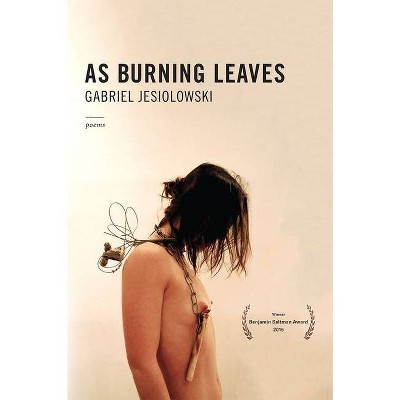
Similar Products
Products of same category from the store
AllProduct info
<p/><br></br><p><b> About the Book </b></p></br></br><strong>Winner of the 2015 Benjamin Saltman Poetry Award selected by Carl Phillips, <i>As Burning Leaves</i> offers spaciousness and breath. Both homesick and sick of home, it chronicles a landscape of longing scored with traces of film, contemporary art, and song. Vivid and vital, Jesiolowski's queer insight lends a critical voice to the fleeting: "wind moves the leaves across the water / they do not gather / do not cling."</strong><p/><br></br><p><b> Book Synopsis </b></p></br></br><p><strong>The 2015 Red Hen Press Benjamin Saltman Poetry Award winner, chosen by Carl Phillips.</strong></p> <p>An arresting whisper of a debut, <i>As Burning Leaves</i> is a record of what remains. It moves through the visible world with precision and heart--delivers us to a space of aquatic light, to bruises flowering and moonlit streets covered in clothing. This collection emerges from channels of film, contemporary art, and meditations on the body: "less / if you dare winter / if you cut a star into your leg / if you find the green in the muck / less if the clouds disperse to allow blue inlets." As Burning Leaves traces a path of queer failure that questions notions of desirability, self, and otherness. Jesiolowski asks what art is for, recalibrates the room of the stanza, proposes names for touch we never use. This book has an internal navigational system, a pact with the phenomenal. It courts the fleeting and rests in the stigma of a sunflower, lets us taste smoke in snow. ". . . the folk song says that we need a little sadness--so we invent the passing of railcars . . ." Elegant and cutting, radical and intimate, this is a book to find, to hold, to give.</p><p/><br></br><p><b> Review Quotes </b></p></br></br><br><p>On June 22, 2018, the poem of the day at the Academy of American Poets was "entry for not an island" by Gabriel Jesiolowski. Right away, the title syntax intrigued me, that unlikely pairing of "for" and "not," linguistic tug-of-war between affirmation and refutation. Then, I'm reading the poem, and I come upon these lines, which I pause to write down, though I won't soon forget them: "where in grief, even our own stories feel vacant--where you hear yourself telling the story & at the same time you think that's not it, that's really not it." Now I hear the <i>all for naught</i> of grief conjured by the title, and John Donne also, his "No man is an island, entire of itself." But grief makes us feel exactly that way--isolated, island-like, <i>apart from</i> the main rather than a <i>part of</i> it. Every word matters, down to its spacing and its syllabic count, yet communication is still impossibly <i>fraught</i>, even when undertaken with precision. (There's that <i>for</i> and <i>not</i> again, blended, blurred--<i>fraught</i>.) The fact is, this instance of Jesiolowski naming the "not it," the "really not it," is the closest I have come to "it" in a long time, as a reader or a writer. Somehow the poet articulates the vacancy within the story of grief. I seek out their debut collection. I write this review.</p> <p>Read the full review here.<br><br><p>"'[W]hat if there is no ghost realm?' asks Gabriel Jesiolowski in the quietly arresting, steadily confident <i>As Burning Leaves</i>. But what if a ghost realm does in fact exist, and we are the ghosts--both haunting and haunted--who wander those 'causeways between/fucking & nothingness' that lie in the wake of betrayal, violation, abandonment? These poems speak from and into that very realm, sifting memory's restless evidence in a quest for answers to what 'leads / / devotion / astray.' Add to this a harder quest, for belief itself, the belief that 'somehow, the body ceases grieving.' These poems are at once the enactment and the proof of belief's healing power. They stir; they shine." <strong>--Carl Phillips, author of <i>The Rest of Love</i>, finalist for the National Book Award</strong></p> <p>"The geography of the body changes; its landmarks temporary; its border shifting, in Gabriel Jesiolowski's <i>As Burning Leaves</i>, a cartography of new forms, new ways of being. These poems constitute a healing atlas, a journey of utmost compassion, marked by both formal elegance and artful eloquence. What a remarkable book; it will astonish and enchant you." --<strong>D. A. Powell, author of <i>Lunch</i> and <i>A Guide for Boys</i></strong></p> <p>"What Gabriel Jesiolowski is up to in their life--their installation art and their photography and their writing too--is built from a push and pull between a politics of accumulation that is full of abandoning and giving away. It makes sense then to think of <i>As Burning Leaves</i> as a sort of writing that takes a life and ties many parts of it together with a thin string to make a beautiful package. This is in many ways a book of love poems. But what it loves is all sorts of things, everything from bark to humans to folk songs to steam and smoke. It is a work that is quiet and a work that is attentive and one that is resonant with care and grace." --<strong>Juliana Spahr, author of <i>This Connection of Everyone With Lungs</i></strong></p> <p>"From wordless, our bodies. From nameless, our memories. An image, a yearning--every landscape, and certain people. The gesture, the wingspan, in quiet, and all across the page. Each scratch and smudge accrues the diary of <i>As Burning Leaves</i>, Gabriel Jesiolowski's wonderful, haunting, elementally human presence!" --<strong>Ralph Angel, author of <i>Neither World</i>, winner of the James Laughlin Award from the Academy of American Poets</strong></p><br>
Price History
Price Archive shows prices from various stores, lets you see history and find the cheapest. There is no actual sale on the website. For all support, inquiry and suggestion messagescommunication@pricearchive.us
